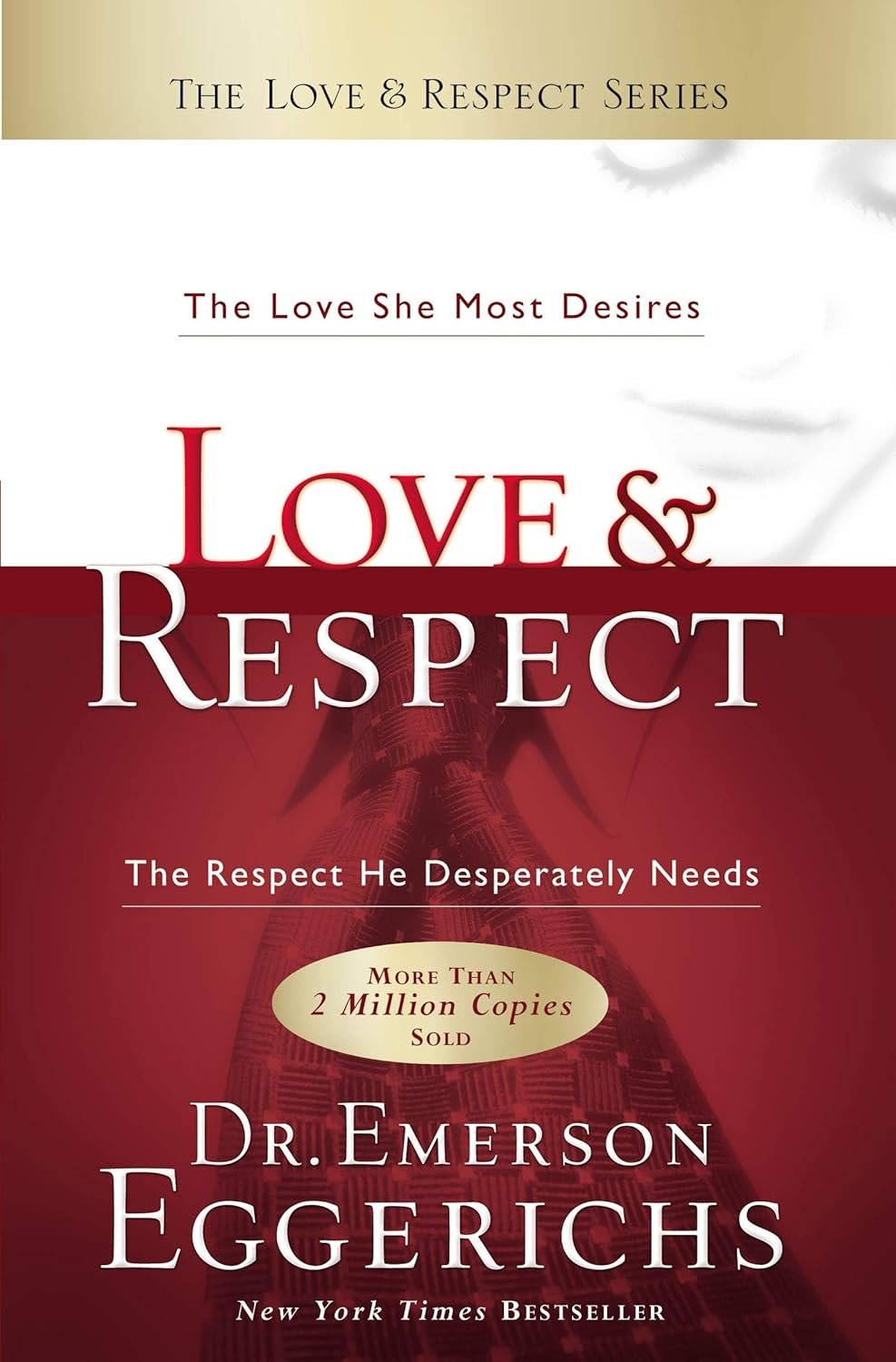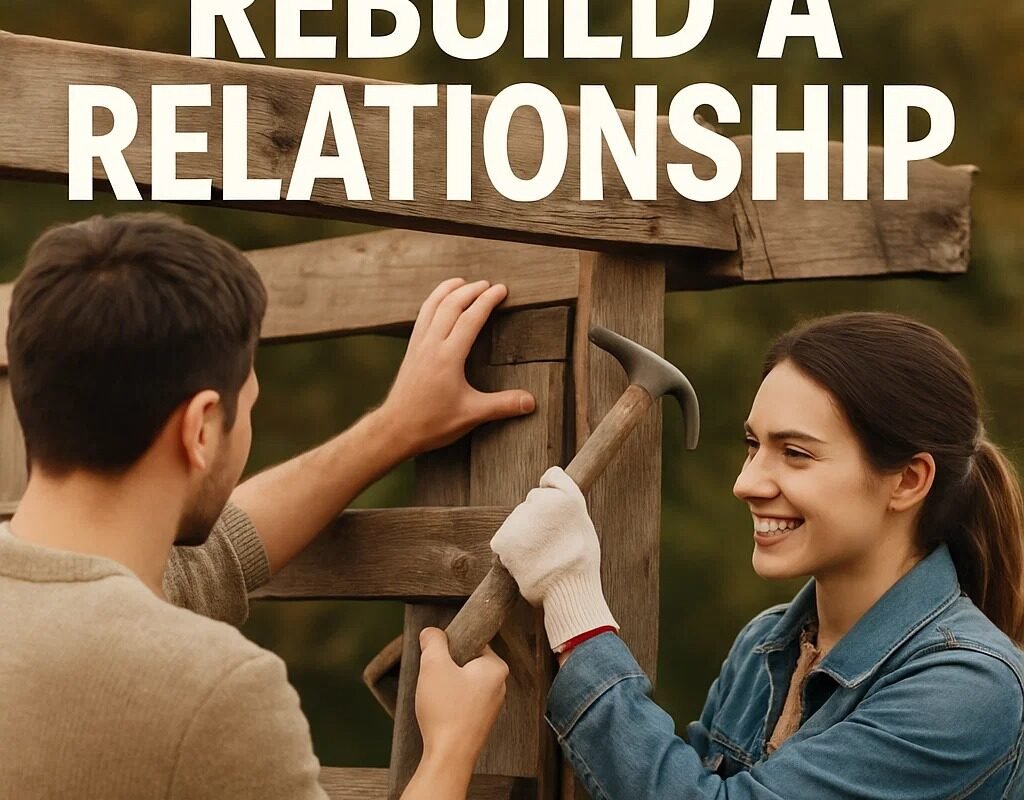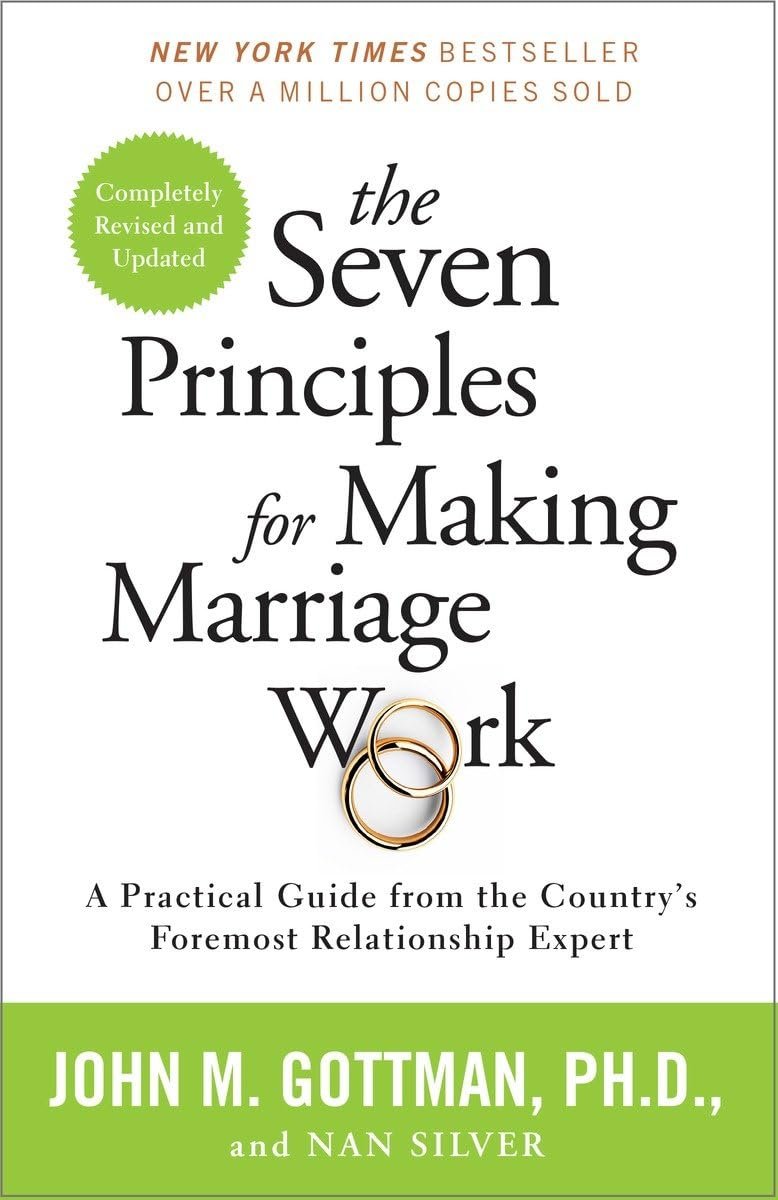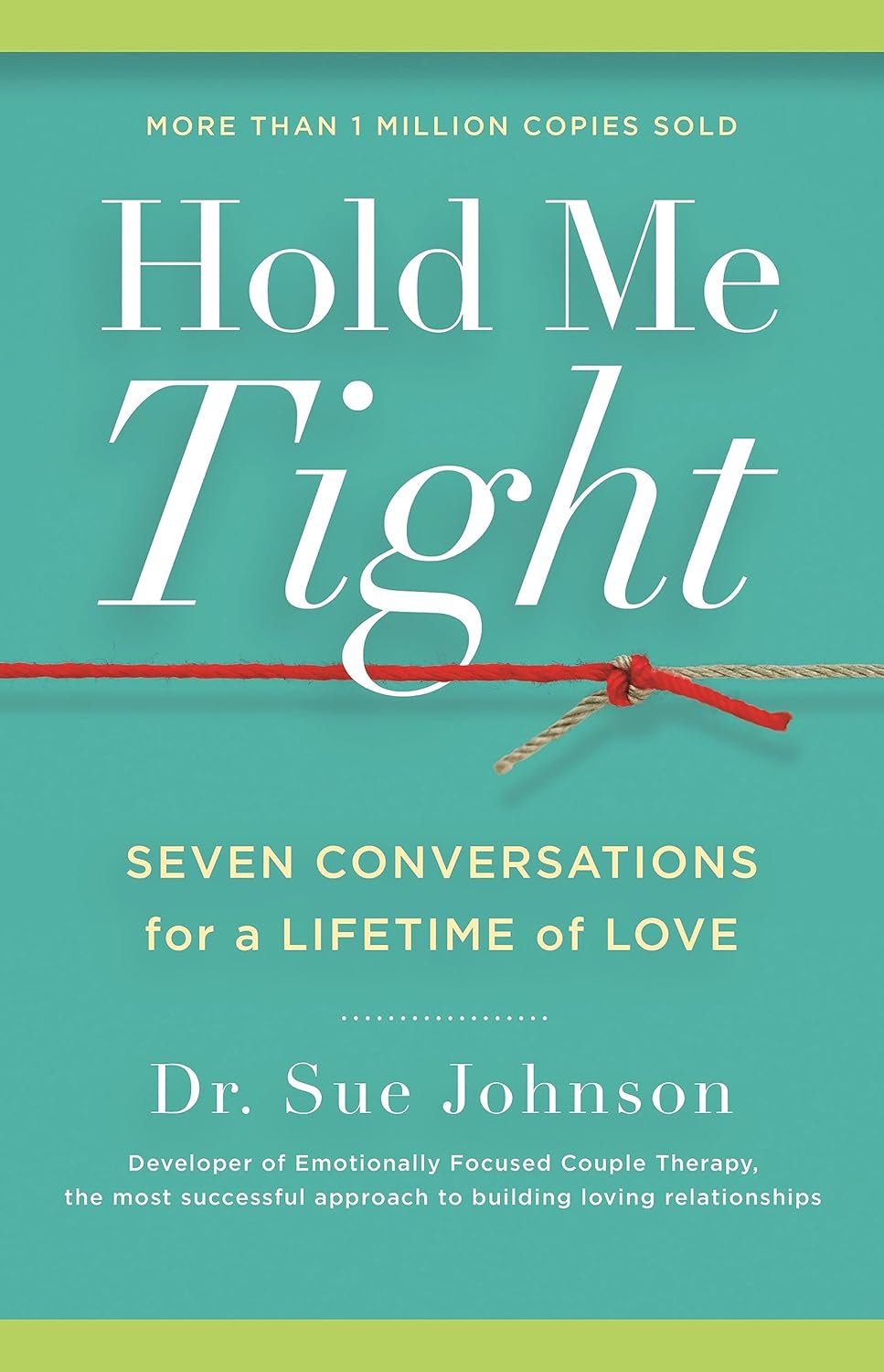Every relationship goes through difficult seasons. Maybe there’s been betrayal, distance, or months of silent resentment. Whatever caused the disconnection, rebuilding a relationship is possible — if both people are willing to put in consistent effort.
Verdict: To rebuild a relationship, focus less on returning to the past and more on creating something new — built on honesty, empathy, and emotional accountability.
Why this matters: Healing a relationship means repairing not only the bond between two people but also the trust, safety, and communication that make love sustainable. When you know how to rebuild a relationship, you give yourself and your partner a chance to grow deeper than before.
Best Books on Relationships: Comparison Table
Criteria | |||||
|---|---|---|---|---|---|
 | |||||
Primary Focus | Love expression & understanding | Research-based marriage skills | Emotional bonding & attachment | Decision-making & relationship clarity | Love & respect dynamic |
Ideal Audience | All couples & individuals | Married or long-term couples | Emotionally struggling couples | Couples in transition or crisis | Faith-based or traditional couples |
Strengths | Simple, easy to apply | Science-backed & practical | Deep emotional insight | Honest, empowering self-assessment | Clear, practical, structured |
Limitations | Lacks depth for complex issues | Slightly academic tone | Emotionally heavy | Focuses on decisions, not repair | Gender-role assumptions |
Best For | Improving everyday connection | Strengthening long-term partnerships | Rebuilding emotional intimacy | Evaluating relationship viability | Enhancing respect & love balance |
Price |
Why Relationships Break Down
Every relationship hits rough patches. The reasons vary, but most ruptures share a few roots:
- Unmet emotional needs that were ignored for too long
- Poor communication or repeated misunderstandings
- Loss of trust due to secrecy, dishonesty, or betrayal
- Emotional disconnection caused by stress, avoidance, or resentment
- Life transitions like parenthood, illness, or career changes pulling focus away from the relationship
As relationship researcher Dr. John Gottman explains, conflicts rarely destroy love — disconnection does. It’s the slow erosion of emotional responsiveness that creates distance, not one argument or mistake.
The good news? Disconnection can be repaired through consistent, intentional effort.
The Mindset Shift: Don’t Rebuild, Redesign
When couples say “we want to rebuild,” they often mean “we want it to go back to how it was.” But the truth is — the old version didn’t work.
Rebuilding is really about redesigning:
- New patterns of communication
- New boundaries and transparency
- New ways of showing empathy and presence
Healing becomes much easier when both people agree they’re co-creating something new rather than clinging to the past.
How to Rebuild a Relationship Step by Step
1. Acknowledge What Went Wrong
Healing begins with truth. Avoid sugarcoating or minimizing — name the rupture clearly. For example:
“We stopped talking about the hard stuff.”
“I wasn’t honest about my feelings.”
“I didn’t feel emotionally safe with you.”
Owning what happened (without blame) creates a foundation for repair.
2. Reestablish Emotional Safety
You can’t rebuild connection without safety. That means:
- No yelling, stonewalling, or sarcasm
- Listening without interruption
- Validating emotions before defending yourself
- Creating calm environments for heavy talks
Dr. Sue Johnson, founder of Emotionally Focused Therapy (EFT), teaches that emotional safety is the core of relationship repair — it allows vulnerability to resurface.
3. Practice Transparent Communication
Avoid vague statements. Use clarity and specificity:
“I feel hurt when plans change suddenly. Can we talk about how to handle that better?”
Transparency rebuilds trust faster than promises alone.
4. Rebuild Trust Through Consistency
Trust is restored when words and actions match — repeatedly.
- Keep small promises.
- Be where you say you’ll be.
- Communicate proactively.
- Follow through, even when it’s inconvenient.
Every act of reliability deposits into the “trust bank.”
5. Reconnect Emotionally
Spend time doing small things together — dinner, walks, laughter, gratitude lists. Physical closeness helps rebuild emotional closeness.
Ask each other questions that deepen connection, such as:
- “What made you feel loved this week?”
- “What are you afraid to tell me?”
- “What do you miss about us?”
6. Forgive — But Don’t Forget Growth
Forgiveness isn’t about erasing the past; it’s about choosing not to live there. It’s saying, “We’re going to use what happened to strengthen us.”
If trust was broken, forgiveness comes in stages: understanding → accountability → consistency → release.
7. Seek Guidance if Needed
If the pain feels too deep or the communication too strained, couples therapy can offer structure, safety, and perspective. A trained professional helps prevent blame cycles and keeps both partners emotionally regulated.
Common Mistakes When Trying to Rebuild
- Rushing the process: Healing takes time; shortcuts backfire.
- Ignoring emotional wounds: Surface fixes (like vacations or gifts) can’t replace vulnerability.
- Keeping score: “I apologized more than you” breeds resentment.
- Avoiding accountability: Growth can’t happen without ownership.
- Revisiting betrayal repeatedly without progress: Discuss feelings, but also discuss forward steps.
Use-Case Examples
- After betrayal: Focus on transparency and emotional accountability. Rebuilding trust is about consistency, not apologies alone.
- After emotional drift: Create daily connection rituals like gratitude check-ins and affection before bed.
- After constant fighting: Practice structured communication — 20 minutes each to speak and listen without interruption.
- After separation or time apart: Start with friendship again. Emotional safety must precede romance.
FAQs
Q: Can every relationship be rebuilt?
A: Not always. Both partners must want change and commit to consistent effort. One-sided repair rarely lasts.
Q: How long does it take to rebuild a relationship?
A: It depends on the depth of the damage. Minor disconnections can heal in weeks; major betrayals may take months or longer of consistent repair.
Q: What if my partner doesn’t want to rebuild?
A: You can invite conversation but can’t force effort. Focus on your personal growth and boundaries — self-trust leads to peace even if the relationship ends.
Q: Is couples therapy really necessary?
A: It’s highly recommended. A neutral therapist offers tools, communication models, and emotional safety you can’t easily recreate on your own.
Q: Can a rebuilt relationship become stronger than before?
A: Yes. When couples work through pain consciously, they often emerge more intimate, understanding, and resilient than ever.
Final Thoughts
Rebuilding a relationship isn’t about pretending the damage never happened — it’s about transforming it into wisdom. The version of love that grows after rupture is often more grounded, mature, and real than the first.
Every time you choose accountability over avoidance, empathy over ego, and patience over pressure, you’re not just fixing the relationship — you’re creating a new foundation for lasting love.
Other Interesting Articles
- Free Therapy Worksheets at Paul Wellness
- How to Stay Calm During Exposure Therapy
- Best Books on Exposure Therapy: Your Guide to Overcoming Anxiety, OCD, and PTSD
- Exposure Therapy for Social Anxiety: How to Stop Avoiding and Start Thriving
- Exposure Therapy for PTSD: Facing the Past to Reclaim Your Life
- Exposure Therapy for OCD: How Facing Obsessions Can Finally Free Your Mind
- Exposure Therapy for Anxiety: How Facing Your Fears Can Actually Set You Free
About the Author
Paul Wellness
Paul Wellness creates compassionate, evidence-based mental health content rooted in clinical experience. With a focus on emotional recovery, trust, and relationship growth, Paul Wellness helps readers navigate healing with understanding, not judgment.





